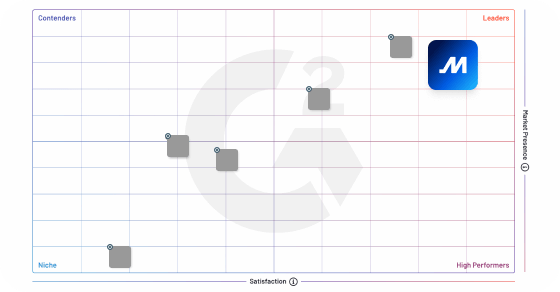Fleet maintenance
Diagnostic trouble code (DTC)
A diagnostic trouble code (DTC) is a code generated by a vehicle’s onboard computer system to indicate an issue or malfunction in the vehicle. The DTC system is an important diagnostic tool used to help identify and repair problems related to the engine, transmission, and other vehicle systems.
Learn moreDiesel exhaust fluid (DEF)
Diesel exhaust fluid (DEF) is a liquid used in the trucking industry to reduce the harmful pollutants emitted by diesel engines. DEF is a mixture of urea and deionized water, which is injected into the exhaust stream of a diesel engine, a system known as Selective Catalytic Reduction (SCR).
Learn moreDriver vehicle inspection report (DVIR)
The driver vehicle inspection report (DVIR) is a crucial and mandatory documentation process in the trucking industry. These reports are filled out by commercial truck drivers at the start and end of each day, documenting the condition of their vehicles.
Learn moreEngine control module (ECM)
The engine control module (ECM) is a computerized system that manages and controls the engine’s performance. The ECM is responsible for monitoring and regulating a variety of engine functions, such as fuel injection, ignition timing, and emission controls.
Learn moreFleet maintenance
Fleet maintenance refers to the comprehensive management of a company’s fleet of trucks. This includes the routine upkeep and repair of each vehicle, as well as the strategic planning and optimization of the fleet as a whole. It encompasses everything from oil changes and tire rotations to major engine repairs and equipment upgrades.
Learn moreOn-board diagnostics port (OBD II)
The On-board diagnostics port (OBD II) is a crucial component in fleet vehicles. It’s a standardized interface that enables trucking companies and truck drivers to access diagnostic information about their vehicles. In essence, it is a computer system that is designed to monitor and analyze the performance of a truck’s engine and other systems, such as the transmission, emissions, and fuel economy.
Learn morePost-trip inspection
A post-trip inspection is an important process in any fleet that involves checking the condition of a commercial vehicle after a trip. The aim of this inspection is to identify any mechanical or safety issues that may have developed during the journey. This is a mandatory procedure that every truck driver must carry out to ensure the safety of fellow road users and the general public.
Learn morePre-trip inspection
A pre-trip inspection is a crucial aspect of fleet management. It is defined as a thorough examination of a commercial vehicle before the driver starts their journey. This inspection is done to ensure that the vehicle is in good working condition and safe to operate on the road. The pre-trip inspection is mandatory and required by law to identify any issues that could potentially cause an accident or a breakdown on the road.
Learn morePredictive maintenance
Predictive maintenance is a proactive approach to maintenance that is becoming increasingly common in the trucking industry. The goal of this type of maintenance is to predict when a component or system is likely to fail, and then take preventative measures to address the issue before it causes a breakdown or safety issue on the road.
Learn morePreventive maintenance
Preventive maintenance refers to the regular inspection, cleaning, and replacement of parts or components in a truck to prevent breakdowns and avoid costly repairs. It is a proactive approach to ensure that commercial vehicles are kept in good condition and that any potential issues are addressed before they become major problems.
Learn moreReactive maintenance
Reactive maintenance is a term used in the trucking industry to refer to the repair or replacement of a truck or its parts after a failure has occurred. In other words, it is a type of maintenance that is performed in response to a problem rather than as a preventive measure.
Learn moreVehicle maintenance reporting standards (VMRS)
Vehicle Maintenance Reporting Standards (VMRS) is a coding system used in the trucking industry to standardize the reporting of truck maintenance and repair activities. The VMRS codes were first introduced in the 1970s by the American Trucking Associations (ATA) to provide a consistent way to track and analyze maintenance costs and activities across the entire industry.
Learn more


